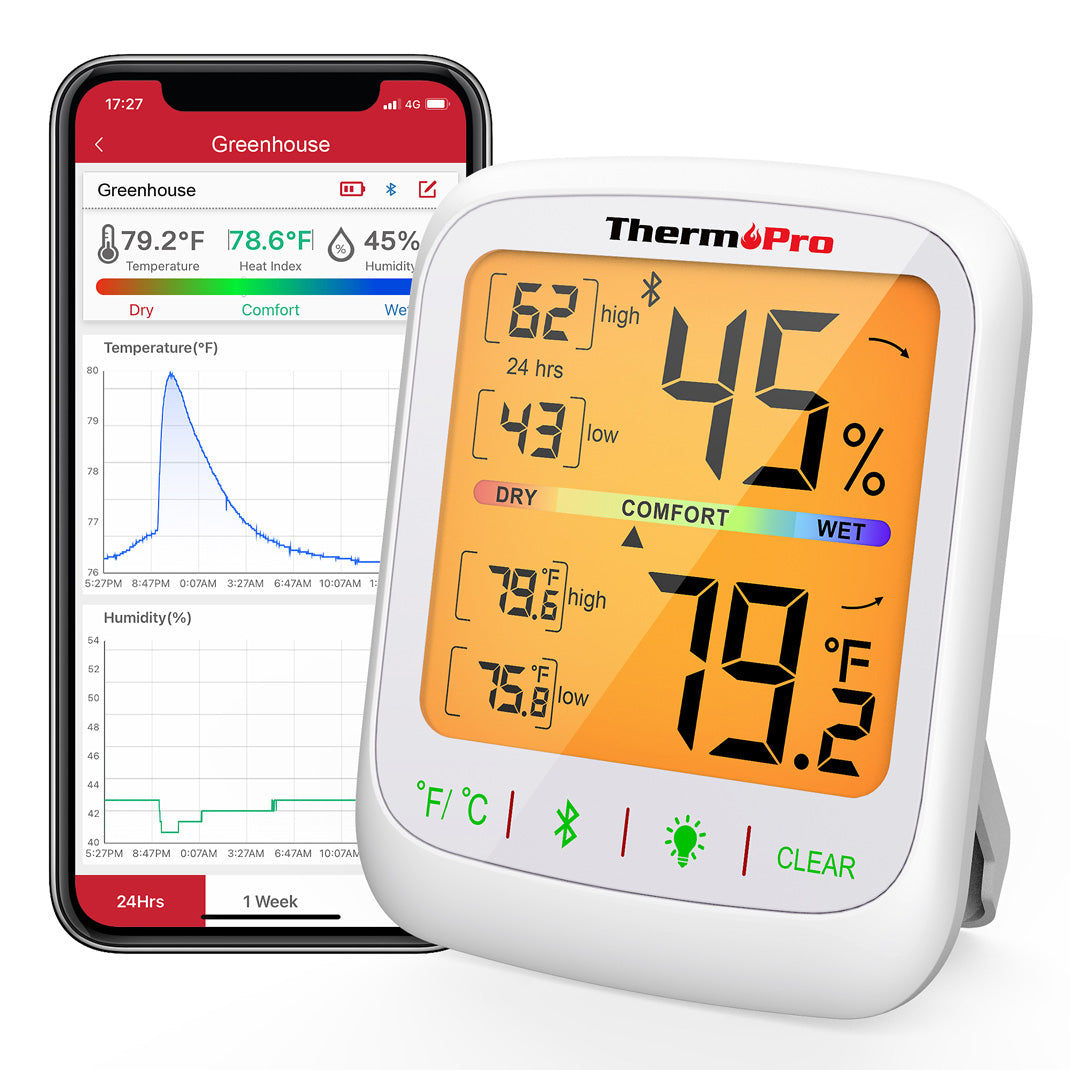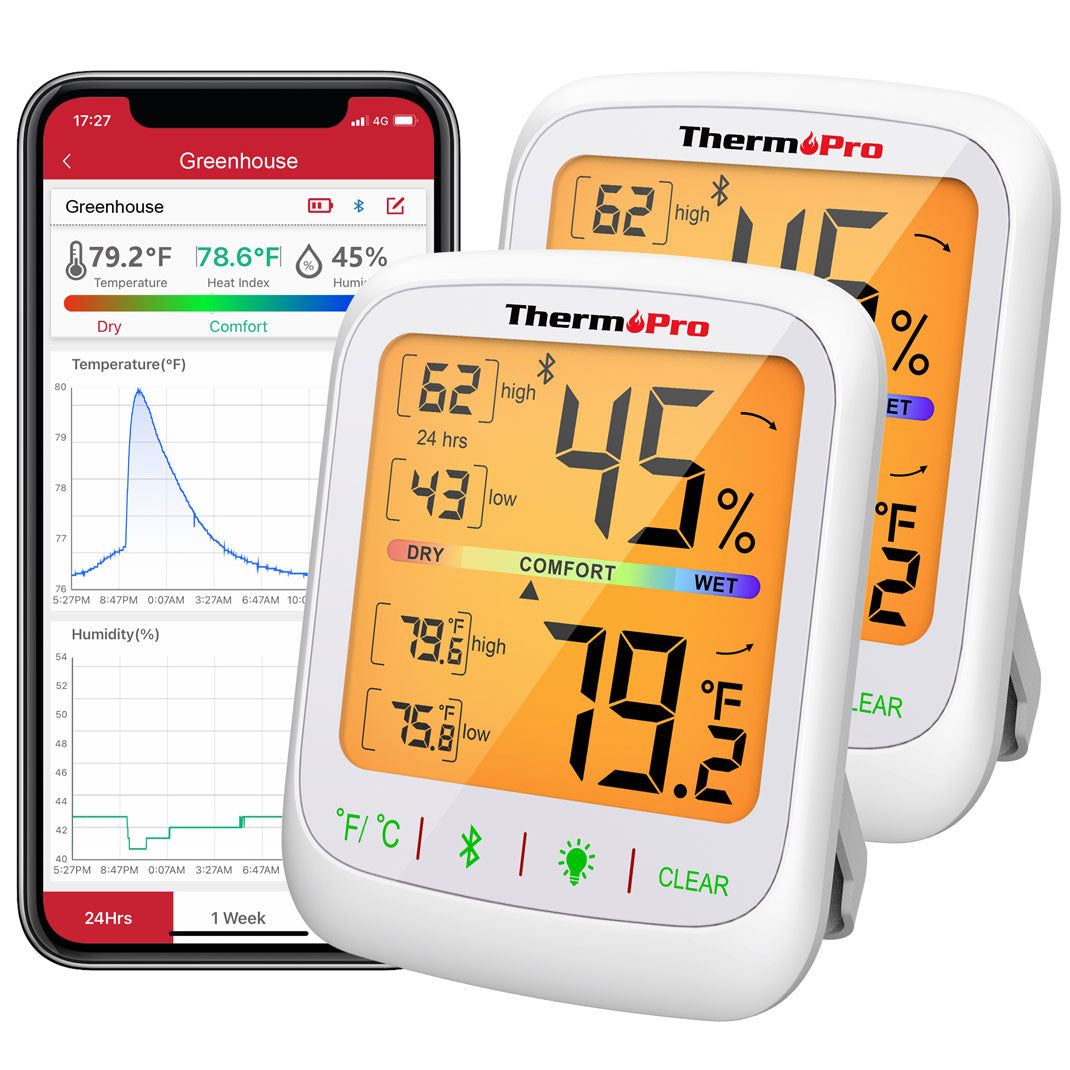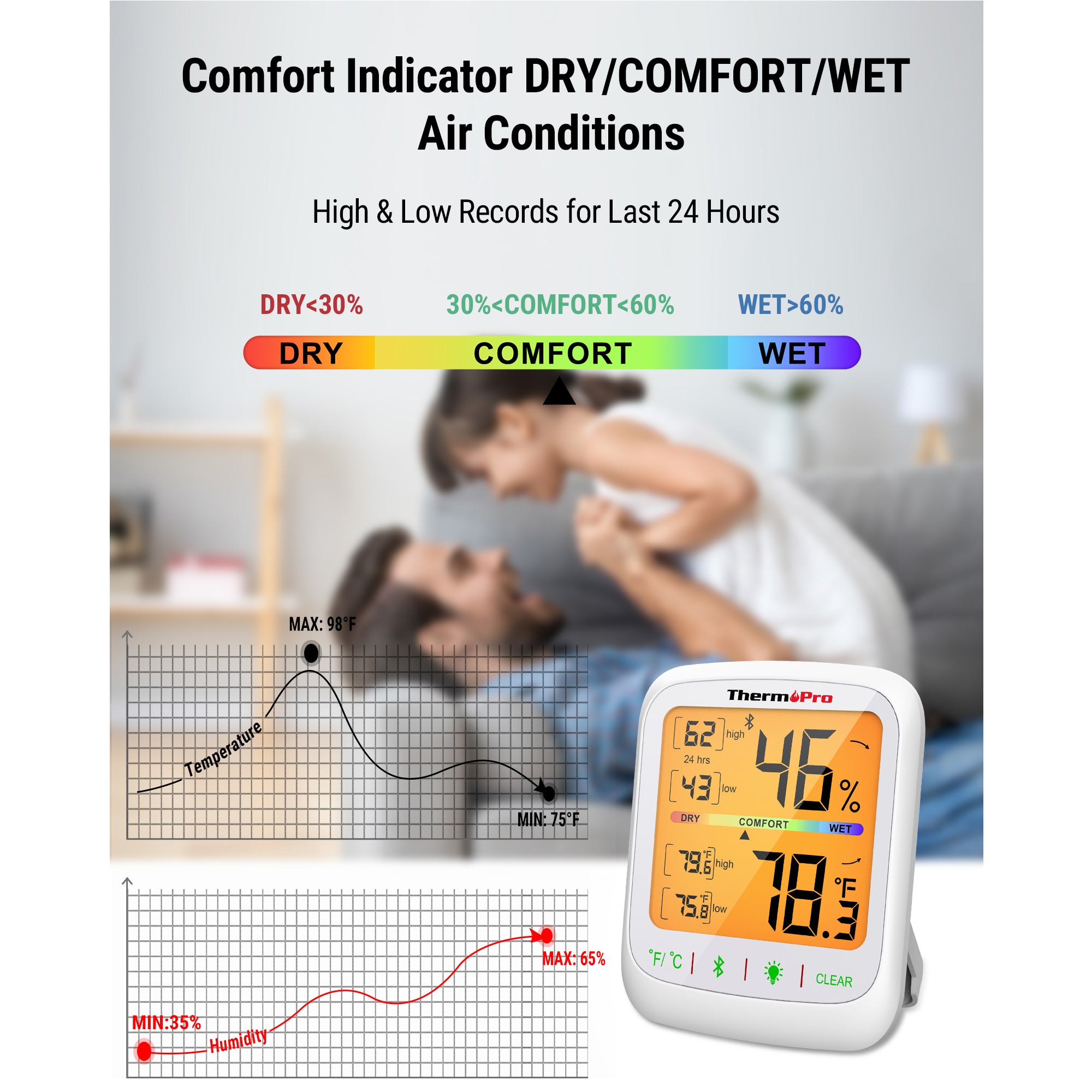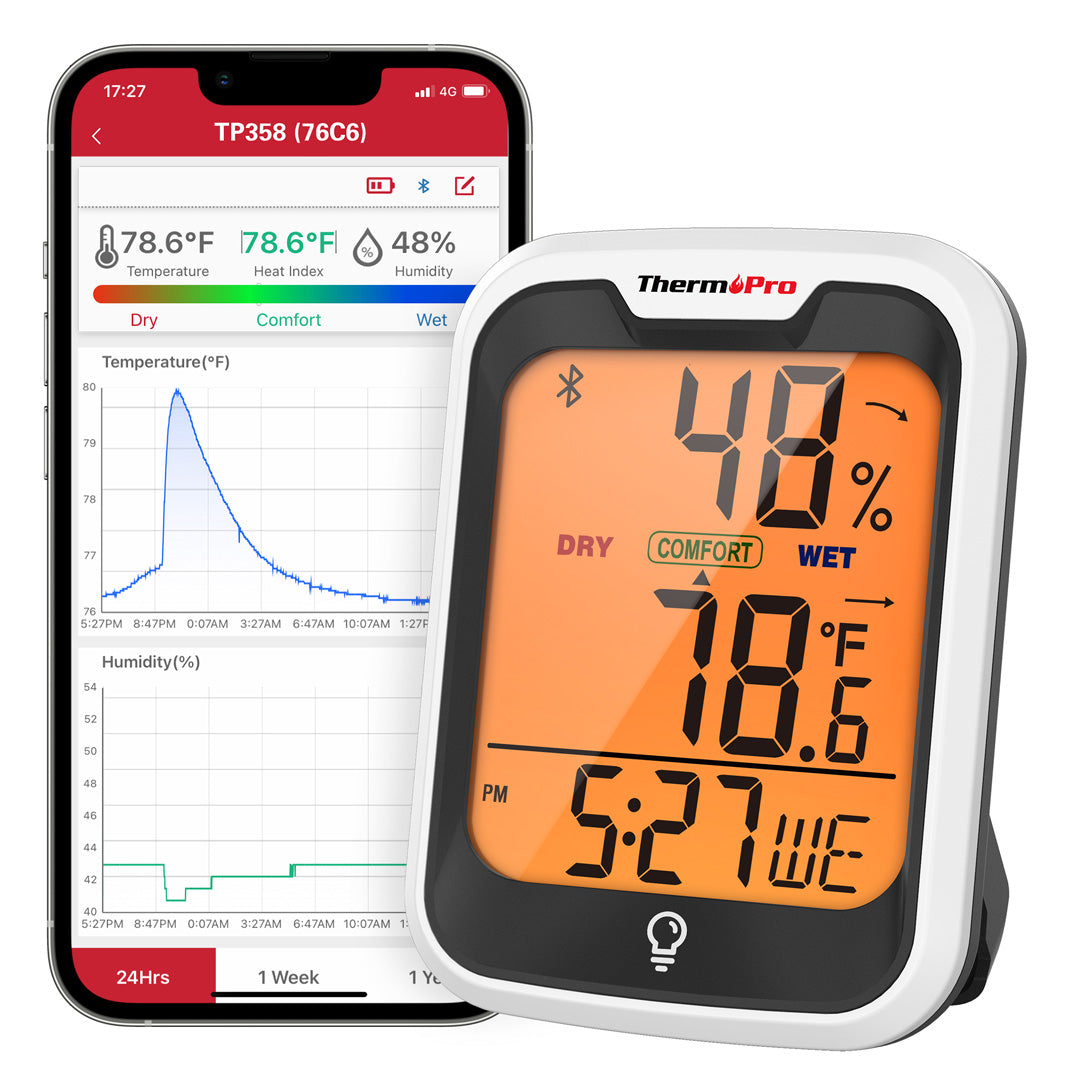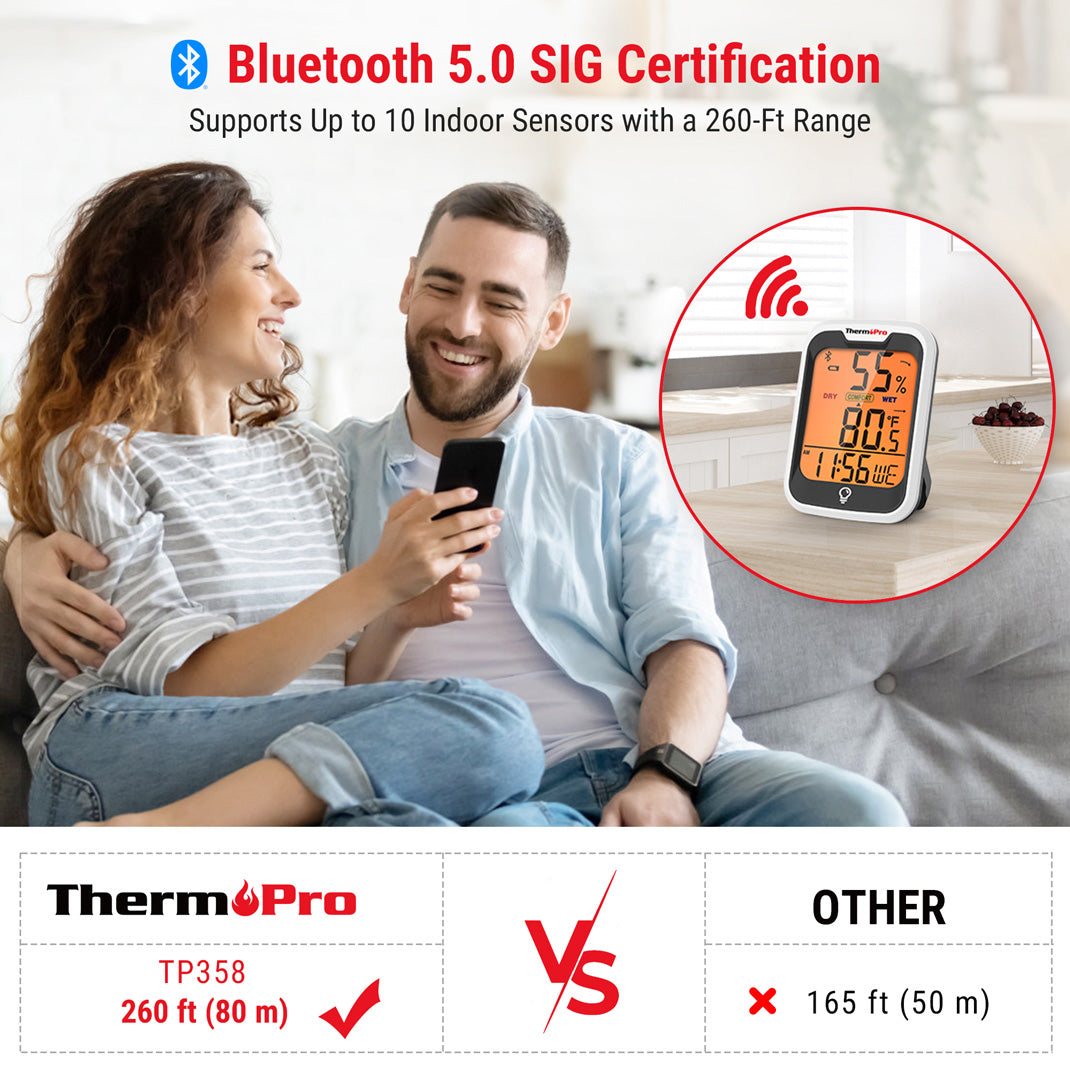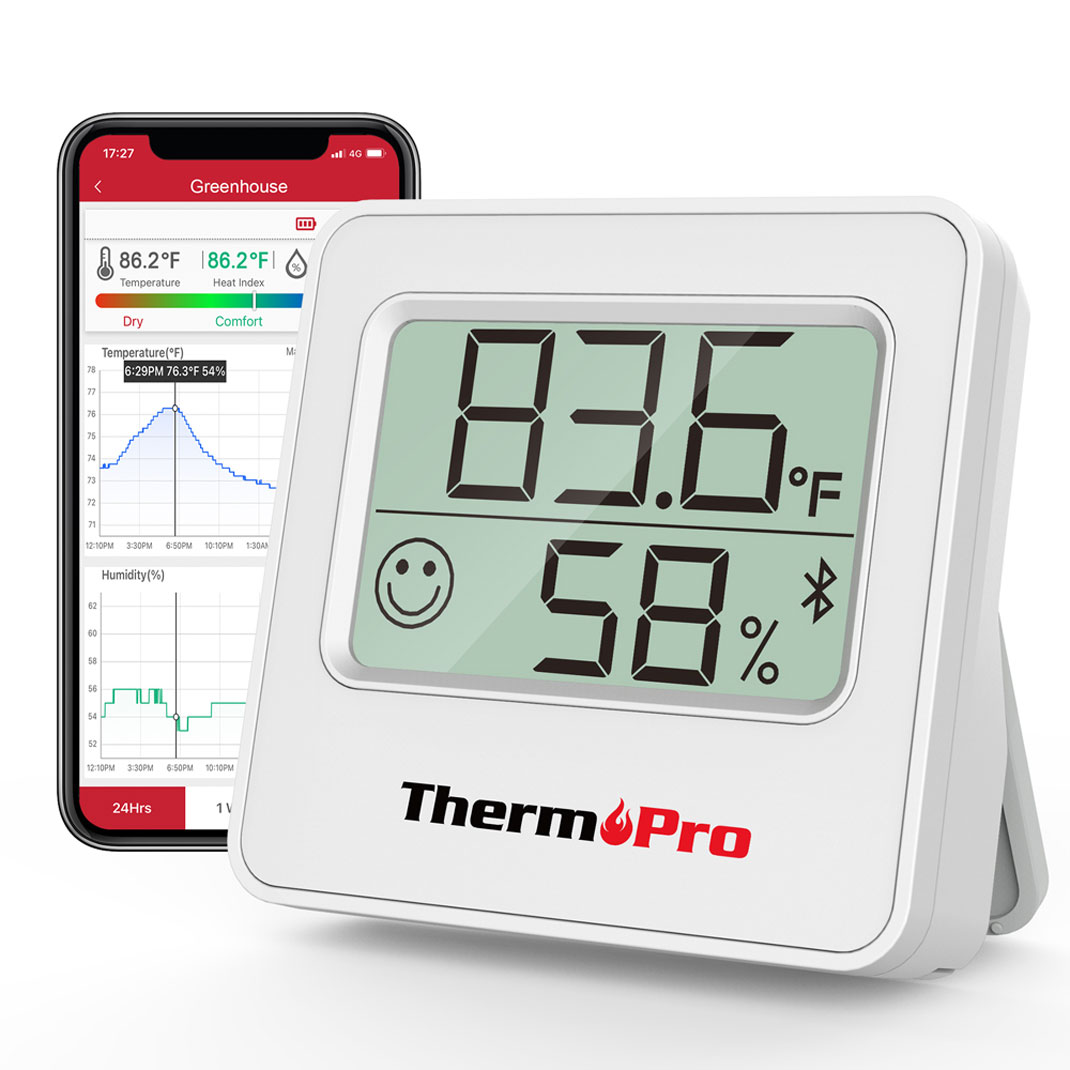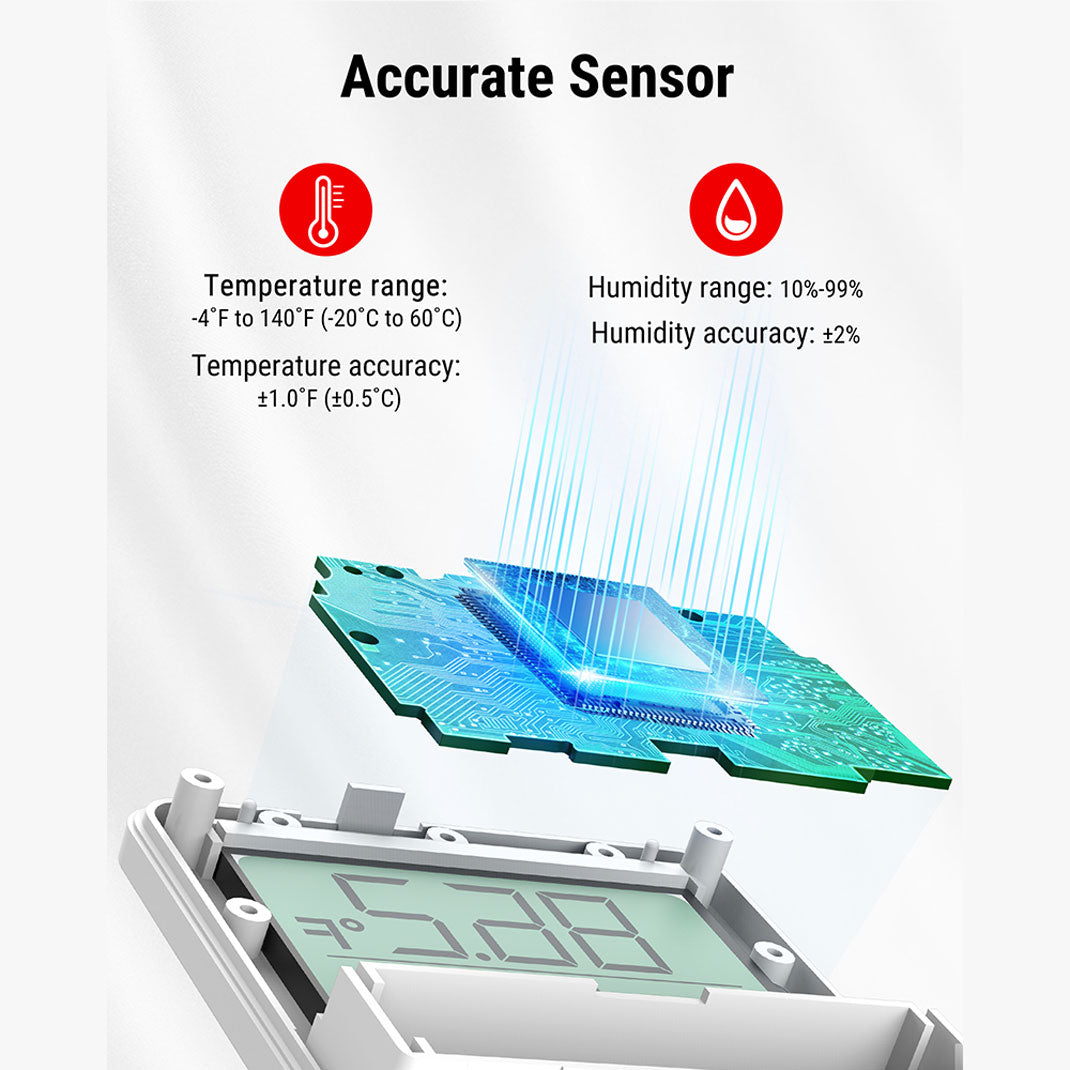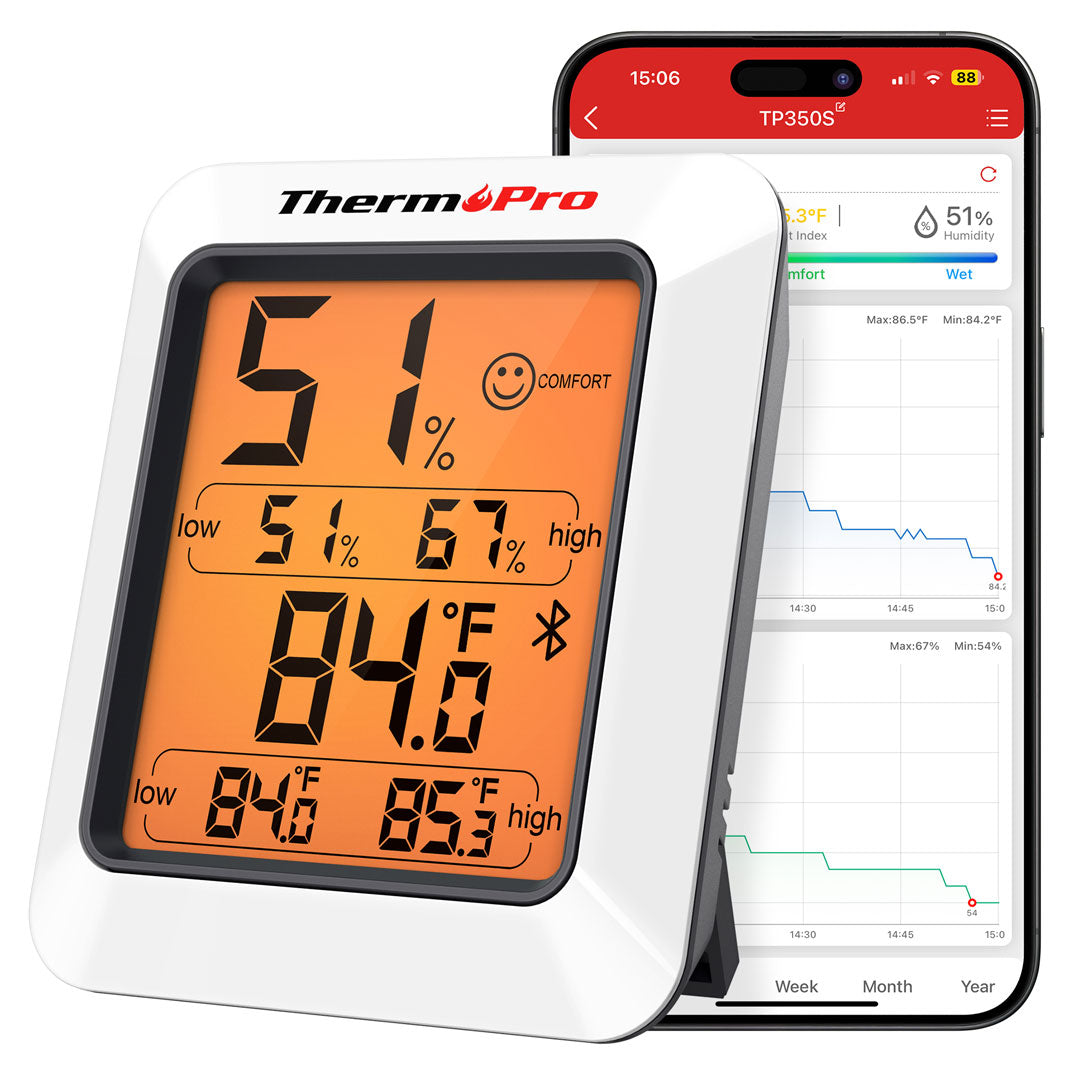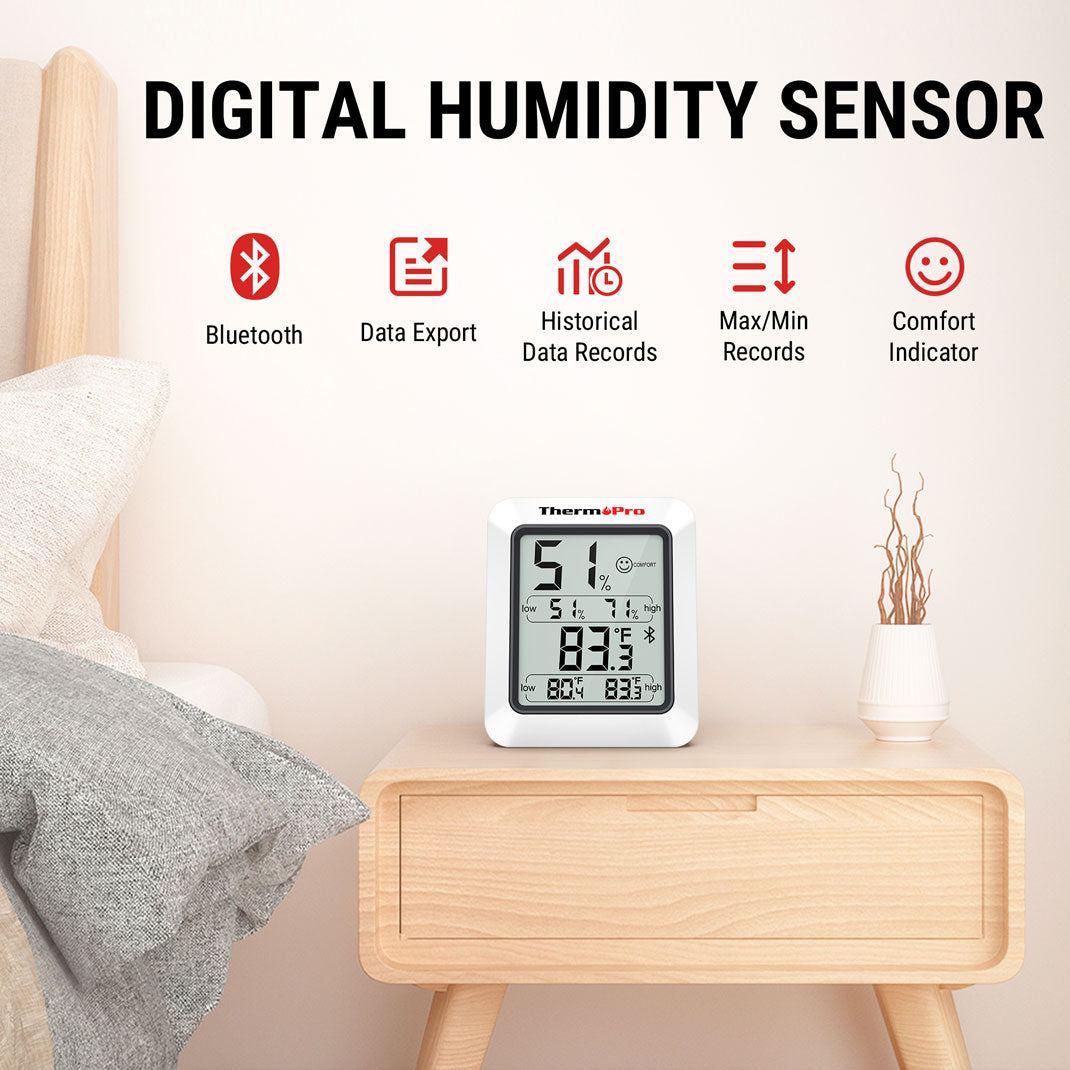The Ideal Humidity in Your Basement

Last updated Feb 25, 2025





5.0
 288 Comments
288 Comments
Comments
You May Also Like

July 28, 2020
Everything You Need to Know About High Humidity
High humidity is very common in summer. It usually makes people feel uncomfortable and even worse by hurting your health. This guide will tell you the causes of high humidity and all the potential dangers of it. Read on to learn more about high humidity.
Reed more >>

January 30, 2019
How to Reduce Home Humidity during Rainy Spring
High humidity levels can be a nuisance in your home. Here we offer 7 methods on how to reduce humidity in home to help you keep your home comfortable.
Reed more >>

August 26, 2020
Tips to Increase Indoor Humidity
If your indoor air humidity level is too low, it could have adverse effects to your health such as nose and throat irritation. Please check the following proven ways of increasing humidity in low-humidity room.
Reed more >>

February 25, 2025
The Ideal Humidity in Your Basement
Learn how to maintain ideal humidity in your basement with expert tips and the ThermoPro TP359 hygrometer thermometer for accurate monitoring and control.
Reed more >>








